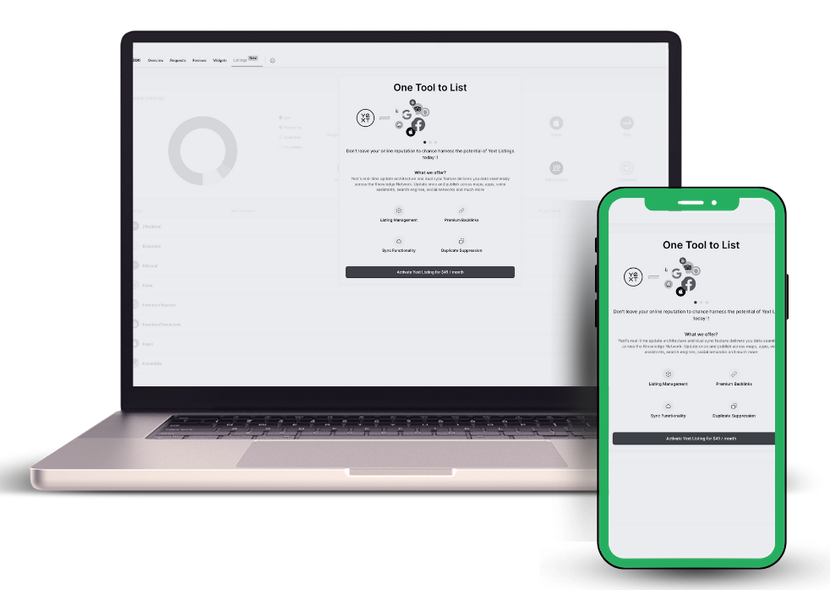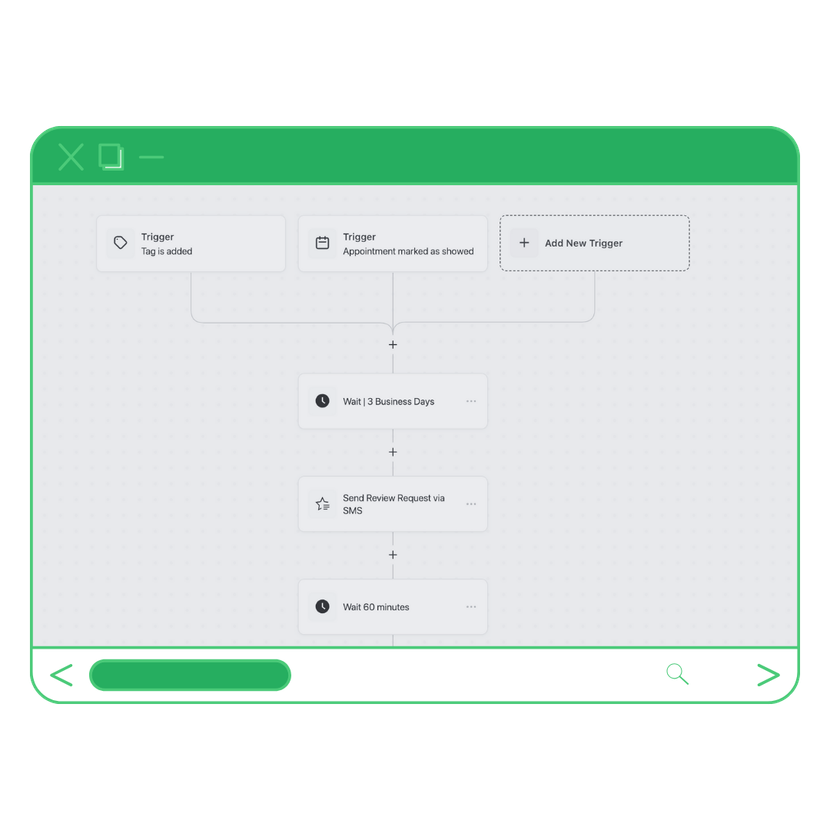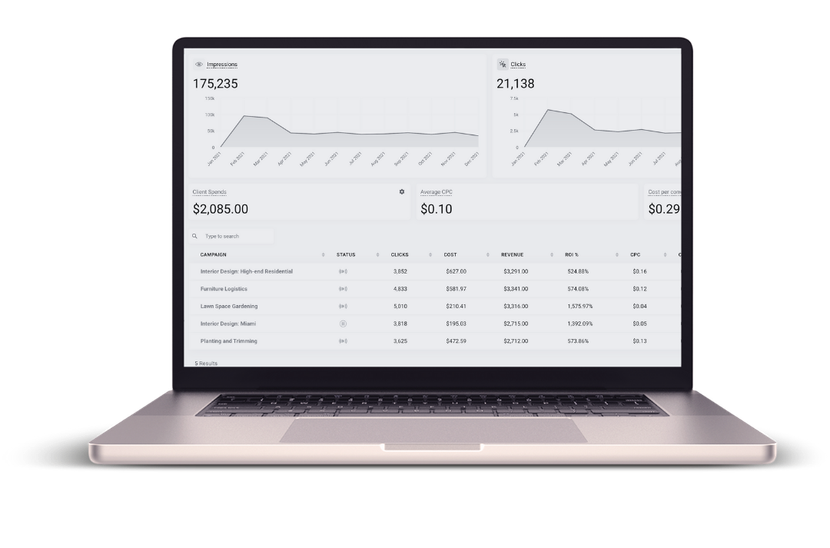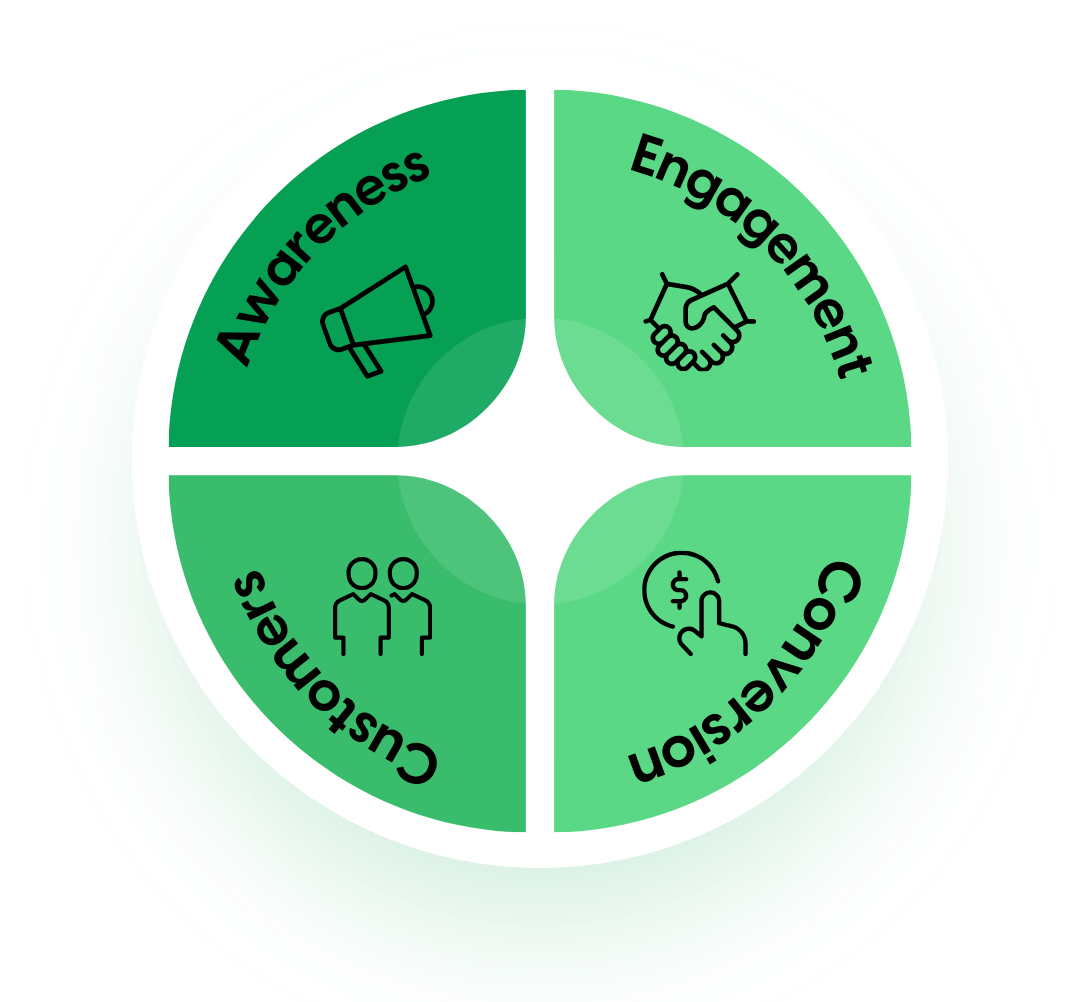By Michael Sendze
•
September 14, 2023
I. Introduction to AI-Driven Reputation Management In today's digital age, maintaining a positive reputation is crucial for businesses and individuals alike. With the advent of artificial intelligence (AI), reputation management has taken on a whole new level of efficiency and effectiveness. AI-driven reputation management utilizes advanced algorithms and machine learning capabilities to monitor, analyze, and enhance an entity's online presence. By harnessing the power of AI, PR professionals and crisis management teams can navigate the complex landscape of public perception with greater precision and agility. What is AI-driven reputation management? AI-driven reputation management refers to the use of artificial intelligence technologies to monitor, analyze, and manage an entity's reputation in the digital realm. Through the use of AI algorithms, automated systems can gather and analyze vast amounts of data from various online sources including social media platforms, review websites, news articles, and more. This allows businesses and individuals to gain real-time insights into their online reputation and take proactive measures to maintain or improve it. Importance of AI in PR and crisis management AI has become an invaluable tool in the field of PR and crisis management. Here are some key reasons why AI-driven reputation management is essential: Real-time monitoring : AI-powered tools can continuously monitor online platforms, detecting mentions, sentiment, and trends related to an entity's reputation. This enables quick identification of potential issues or crises, allowing PR professionals to respond promptly and effectively. Data analysis : AI algorithms can analyze vast amounts of data, providing valuable insights into customer sentiment, perception, and opinions towards a brand or individual. This data-driven approach allows PR teams to make informed decisions and tailor their strategies accordingly. Automated sentiment analysis : AI can accurately evaluate the sentiment of online mentions, classifying them as positive, negative, or neutral. This eliminates the need for manual sentiment analysis, saving time and resources for PR professionals. Proactive reputation management : AI-driven systems can detect emerging trends or issues before they escalate into crises. This allows PR professionals to take pre-emptive measures to protect their brand's reputation and prevent potentially damaging situations. Personalized solutions : AI algorithms can identify individual customer preferences and tailor responses accordingly. This enables businesses to provide personalized experiences and build stronger relationships with their customers, ultimately enhancing their overall reputation. By leveraging AI-driven reputation management, businesses and individuals can stay ahead in the fast-paced digital landscape, protect their brand image, and effectively manage crises when they arise. II. AI-Powered Monitoring and Analysis In today's digital age, maintaining a strong online reputation is crucial for businesses and individuals alike. With the rise of social media and online platforms, reputation management has become more complex and challenging. However, with the advent of AI-driven tools, monitoring and analyzing online reputation has become more efficient and effective. Here are some AI-based tools that are revolutionizing the field of reputation management: AI-based Tools for Monitoring and Analyzing Online Reputation Sentiment analysis: AI-powered tools can analyze online mentions, reviews, and comments to determine the sentiment associated with a brand or individual. This helps in identifying positive and negative sentiments and allows for timely intervention and response. Social media monitoring: With the help of AI, businesses can monitor social media platforms in real-time, tracking mentions, hashtags, and keywords related to their brand. This allows for proactive engagement with customers and addressing any issues or concerns promptly. Media monitoring: AI algorithms can scour the internet and news platforms to track media mentions, articles, and press releases about a brand. This helps in staying informed about the latest news and developments related to the brand and managing any potential crisis situations. Benefits of AI-Powered Monitoring and Analysis Real-time insights: AI-powered tools provide businesses with real-time insights into their online reputation, allowing for immediate action and response. This enables businesses to address negative feedback or comments promptly and prevent potential crises from escalating. Proactive management: With AI monitoring and analysis, businesses can proactively manage their online reputation by identifying trends, patterns, and potential risks. This enables them to take proactive steps to mitigate any negative impact on their brand image. Efficiency and scalability: AI tools can handle large volumes of data and information, allowing for efficient monitoring and analysis across multiple platforms and channels. This scalability ensures that businesses can stay on top of their reputation management efforts even as their brand grows. In conclusion, AI-powered monitoring and analysis have ushered in a new era of PR and crisis management. These tools provide businesses with invaluable insights into their online reputation, enabling them to proactively manage their brand image and respond effectively to any challenges that may arise. By harnessing the power of AI, businesses can navigate the complex digital landscape and protect their reputation in the ever-evolving online world. III. Sentiment Analysis and Brand Perception In the era of AI-driven reputation management, sentiment analysis plays a crucial role in understanding how customers perceive a brand. With the help of AI, businesses can analyze social media posts, customer reviews, and online conversations to gauge the sentiment around their brand. This allows them to identify potential issues and address them proactively. How AI helps in sentiment analysis AI algorithms can automatically analyze large volumes of text data, saving time and resources for businesses. Sentiment analysis helps businesses track and measure customer satisfaction and sentiment toward their brand. AI tools can accurately identify and classify sentiment, whether it's positive, negative, or neutral. Real-time sentiment analysis allows businesses to react swiftly to any negative sentiment and mitigate potential reputational damage. Improving brand perception with AI-driven tools AI-driven tools can help businesses monitor and manage their online reputation by identifying positive and negative sentiment. These tools provide insights into customer sentiment, allowing businesses to address issues and make improvements based on customer feedback. AI can help businesses identify trends and patterns in customer sentiment, enabling them to adapt their strategies and offerings accordingly. By actively managing sentiment and addressing customer concerns, businesses can improve brand perception, increase customer loyalty, and gain a competitive edge. By leveraging AI-driven tools for sentiment analysis and reputation management, businesses can gain valuable insights into their brand perception. This enables them to make data-driven decisions, enhance customer satisfaction, and effectively manage crises before they escalate. With AI at their disposal, businesses can navigate the digital landscape with confidence and build a positive brand image in the eyes of their customers. IV. Proactive Crisis Management with AI In today's digit al age, reputation management has become more critical than ever. Businesses need to be prepared for potential crises and have strategies in p lace to handle them effectively. With the advent of artificial intelligence (AI), companies now have powerful tools to proactively manage their reputation and mitigate potential risks. Here are two ways AI can revolutionize crisis management: AI algorithms for predicting and identifying potential crises Using advanced AI algorithms, companies can analyze vast amounts of data from various sources, including social media, news articles, and customer feedback. These algorithms can detect patterns and trends that indicate potential crises before they escalate. By monitoring online conversations and sentiment analysis, AI can identify negative trends or emerging issues and provide early warning alerts to PR and crisis management teams. This proactive approach allows companies to address potential issues before they become widespread and damaging to their reputation. Using AI to develop proactive crisis management strategies AI can also assist in developing proactive crisis management strategies. By analyzing historical data and previous crisis situations, AI algorithms can identify common factors and patterns that contribute to or exacerbate crises. This information enables companies to develop comprehensive crisis management plans and anticipate potential challenges. AI can provide valuable insights and recommendations, helping PR and crisis management teams make informed decisions and respond effectively in times of crisis. Overall, AI-driven reputation management represents a new era in PR and crisis management. By harnessing the power of AI algorithms, businesses can predict and identify potential crises, as well as develop proactive strategies to mitigate risks. With AI's ability to analyze vast amounts of data and provide valuable insights, companies can protect and enhance their reputation in an ever-changing digital landscape. V. Social Media Management and AI In today's digital age, managing your company's reputation on social media is crucial for success. With the rise of artificial intelligence (AI), businesses can now leverage advanced technologies to enhance their social media management and crisis management strategies. AI-enhanced social media monitoring and engagement AI-powered tools can help businesses monitor and analyze social media platforms in real-time, allowing them to stay updated on customer sentiment and emerging trends. These tools use natural language processing and machine learning algorithms to track mentions of the company, its products, and key stakeholders. By identifying relevant conversations and sentiment, businesses can engage with their audience effectively, respond to customer queries or complaints promptly, and address any potential issues before they escalate. Leveraging AI for effective social media crisis management During times of crisis, social media can quickly become a hotbed of misinformation and negative sentiment. AI technology can play a crucial role in managing crises by: Identifying and assessing potential risks: AI-powered algorithms can analyze vast amounts of social media data to detect early signs of a crisis. By monitoring keywords, trends, and sentiment, businesses can identify and assess potential risks more effectively. Automated sentiment analysis: AI can automatically analyze the sentiment behind social media posts, helping businesses gauge public sentiment during a crisis. This information can guide their response strategies and enable them to address concerns or issues promptly. Real-time monitoring and response: AI algorithms can monitor social media platforms 24/7, providing businesses with real-time updates on crisis developments. This allows them to respond quickly and decisively, minimizing the impact of the crisis on their reputation. Managing misinformation: During a crisis, misinformation can spread like wildfire on social media platforms. AI can help identify and debunk false or misleading information efficiently, enabling businesses to maintain control over the narrative and provide accurate information to their audience. Effective social media management and crisis management are crucial for businesses to protect their reputation and maintain customer trust. With the integration of AI-driven tools and strategies, businesses can enhance their social media presence, engage with their audience, and effectively manage crises in the digital landscape. VI. Automated Reporting and Analytics In the field of reputation manageme nt, AI-driven technolo gy is revolutionizing the way companies handle PR and crisis management. With automated reporting and AI-driven analytics, businesses can streamline their reputation management process and gain actionable insights. Here are some key points about AI-driven automated reporting and analytics: Streamlining reputation management with automated reporting: - With AI-powered tools, companies can automatically gather and analyze data from various sources, such as social media, news websites, and customer reviews.- Automated reporting systems can generate real-time reports and alerts, allowing businesses to monitor their reputation and take immediate action when necessary.- By automating the reporting process, companies can save time and resources, enabling them to focus on strategic decision-making and crisis response. Utilizing AI-driven analytics for actionable insights: - AI algorithms can analyze vast amounts of data and identify patterns and trends that human analysts may overlook.- AI-driven analytics can provide businesses with actionable insights, helping them understand their online reputation, customer sentiment, and potential risks.- By leveraging AI analytics, companies can proactively identify and address reputation issues, manage crises effectively, and make data-driven decisions. In conclusion, AI-driven automated reporting and analytics are transforming the field of reputation management, empowering businesses to monitor and manage their online reputation in a more efficient and strategic manner. With the help of AI technology, companies can gain valuable insights and take proactive steps to protect and enhance their brand reputation. VIII. Ethical and Legal Considerations Addressing ethical challenges in AI-driven reputation management As AI-driven reputation management becomes more prevalent in PR and crisis management, it is crucial to address the ethical challenges that arise. Some key considerations include: Transparency : Companies must be transparent about their use of AI algorithms and ensure that the public is aware of how their data is being collected and analyzed. Bias : AI algorithms can be susceptible to bias, which can result in discriminatory outcomes. It is essential to continuously monitor and mitigate bias in reputation management systems, ensuring fairness and inclusivity. Privacy : Companies need to prioritize data privacy and ensure that customer information is protected. Compliance with data protection laws, such as the General Data Protection Regulation (GDPR), is of utmost importance. Accountability : Organizations should take responsibility for the actions of their AI systems. Clear guidelines and policies should be in place to address issues and provide remedies if unintended consequences occur. Legal implications and data privacy concerns The use of AI in reputation management raises several legal implications and data privacy concerns. It is essential to navigate these issues carefully, including: Data Protection Laws : Organizations must comply with data protection laws and regulations in the jurisdictions they operate in. This includes obtaining appropriate consents for data collection, processing, and storage. Third-Party Data : When using AI algorithms for reputation management, it is crucial to ensure that the data being used is obtained legally and with consent. Violating intellectual property rights or privacy laws can lead to legal consequences. Data Breaches : AI systems that process personal data are vulnerable to data breaches. Organizations must take appropriate security measures to protect sensitive information and respond promptly if a breach occurs. International Data Transfer : If organizations operate globally, transferring personal data across jurisdictions requires compliance with international data transfer laws and agreements, such as the EU-U.S. Privacy Shield or Standard Contractual Clauses. In conclusion, while AI-driven reputation management holds great potential, organizations must navigate ethical and legal considerations. By prioritizing transparency, addressing bias, ensuring privacy, and complying with relevant laws, companies can harness the power of AI while upholding ethical standards and protecting data privacy. IX. Future Trends in AI-Driven Reputation Management As technology continues to advance, the future of reputation management is set to be driven by AI. Here are some emerging technologies and trends that will shape the future of reputation management: 1. Sentiment analysis: AI-powered sentiment analysis tools will become more sophisticated, allowing organizations to monitor and analyze public sentiment in real-time. This will enable businesses to proactively address issues, manage crises, and maintain a positive reputation. 2. Natural language processing: Advancements in natural language processing will allow AI to understand context and emotions in online conversations. This will help organizations gauge public sentiment with greater accuracy and respond effectively to customer feedback and online discussions. 3. Social media monitoring: AI will play a vital role in monitoring social media platforms for mentions, tags, and hashtags related to a brand or organization. This real-time monitoring will enable companies to identify potential reputation threats and take immediate action to mitigate them. 4. Reputation prediction and analysis: AI algorithms will be able to predict potential reputation issues and analyze their potential impact. This proactive approach will help organizations take preventive measures to minimize damage to their reputation. 5. Crisis management: AI-powered reputation management tools will provide real-time insights and recommendations during a crisis. By analyzing data, AI algorithms can suggest the best course of action to minimize damage, restore trust, and mitigate the impact of a crisis. 6. Personalized customer interactions: AI will enable organizations to personalize their interactions with customers, leading to improved customer experiences and loyalty. By leveraging AI, companies can deliver tailored messaging, offers, and services to their customers. 7. Cultural and regional sensitivity: As organizations expand globally, AI will help ensure cultural and regional sensitivity in reputation management. AI algorithms can analyze linguistic nuances, cultural norms, and social context to ensure that messages and communications are appropriate and well-received in different markets. 8. Ethical considerations: There will be a growing emphasis on the ethical use of AI in reputation management. Organizations will need to ensure that AI algorithms are transparent, unbiased, and adhere to privacy regulations. Ethical considerations will be an integral part of AI-driven reputation management strategies. 10. The Human Element in AI-Driven Reputation Management In the era of AI-driven reputation management, the human element remains crucial for effective PR and crisis management. While AI technologies provide powerful tools for data analysis and automation, human expertise and judgment are essential for ensuring a balanced and strategic approach to handling reputation-related matters. Here are a few reasons why the human touch is still vital in AI-driven PR: The importance of human expertise and judgment in AI-driven PR: AI technologies can analyze vast amounts of data and generate insights, but human experts are needed to interpret and make sense of the findings. They can provide context, identify patterns, and extract the most relevant information for strategic decision-making. Reputation management often involves sensitive and nuanced issues that cannot be fully understood and addressed by algorithms alone. Human experts bring empathy, intuition, and a deep understanding of human behavior and emotions to navigate complex PR challenges. Effective communication requires human creativity and storytelling. While AI can automate content creation to some extent, crafting compelling narratives and engaging with audiences on an emotional level require the expertise and artistry of human PR professionals. Balancing automation with human touch: AI technologies can streamline repetitive tasks and provide real-time monitoring of online conversations, but human oversight is necessary to ensure accurate and ethical data interpretation. Human PR professionals can identify false positives and negatives, prevent bias, and make informed judgments based on their experience and ethical standards. Building and maintaining relationships with stakeholders in the digital age still rely on personal connections and trust. While AI can assist in identifying key influencers and managing communication channels, it is the human touch that fosters genuine relationships, brings authenticity, and manages delicate interactions with stakeholders during crises. In conclusion, while AI-driven reputation management has revolutionized PR and crisis management, the human element remains essential. By leveraging AI technologies in tandem with human expertise, PR professionals can achieve a powerful combination that ensures strategic decision-making, effective communication, and the preservation of valuable human connections in the age of automation. XI. Conclusion AI-driven reputation management is revolutionizing the field of PR and crisis management. With the ability to analyze vast amounts of data and detect patterns and trends, AI technology is transforming the way brands and businesses manage their reputation. Here are some of the key benefits of AI-driven reputation management: Benefits of AI-driven reputation management Improved efficiency: AI algorithms can process and analyze data at a much faster rate than humans, saving time and resources in reputation management. Real-time monitoring: AI-powered tools can monitor online conversations, social media, and news platforms in real-time, allowing businesses to promptly address any reputation issues or crises. Proactive approach: AI can predict potential reputation risks by analyzing data and identifying patterns, enabling businesses to take proactive measures to mitigate these risks. Personalized insights: AI technology can provide businesses with personalized insights and recommendations based on their specific reputation management needs, helping them make data-driven decisions. Building a successful PR strategy with AI Integrating AI-driven tools into a PR strategy can substantially enhance its effectiveness. Here are some ways businesses can leverage AI for crafting a successful PR strategy: Media monitoring: AI-powered tools can monitor media coverage and provide real-time alerts, enabling PR professionals to stay up-to-date with the latest news and respond promptly. Sentiment analysis: AI algorithms can analyze social media posts, online reviews, and news articles to gauge public sentiment towards a brand or product, helping PR professionals understand public perception. Issue detection: AI can identify potential issues or crises by analyzing online conversations and detecting patterns that may indicate a reputation risk. Automated reporting: AI can generate automated reports that provide valuable insights on a brand's reputation, media coverage, and audience sentiment, streamlining the reporting process. In conclusion, AI-driven reputation management offers significant benefits for businesses in managing their reputation and implementing effective PR strategies. By harnessing the power of AI technology, brands can proactively protect their reputation, make data-driven decisions, and build stronger relationships with their stakeholders.





















